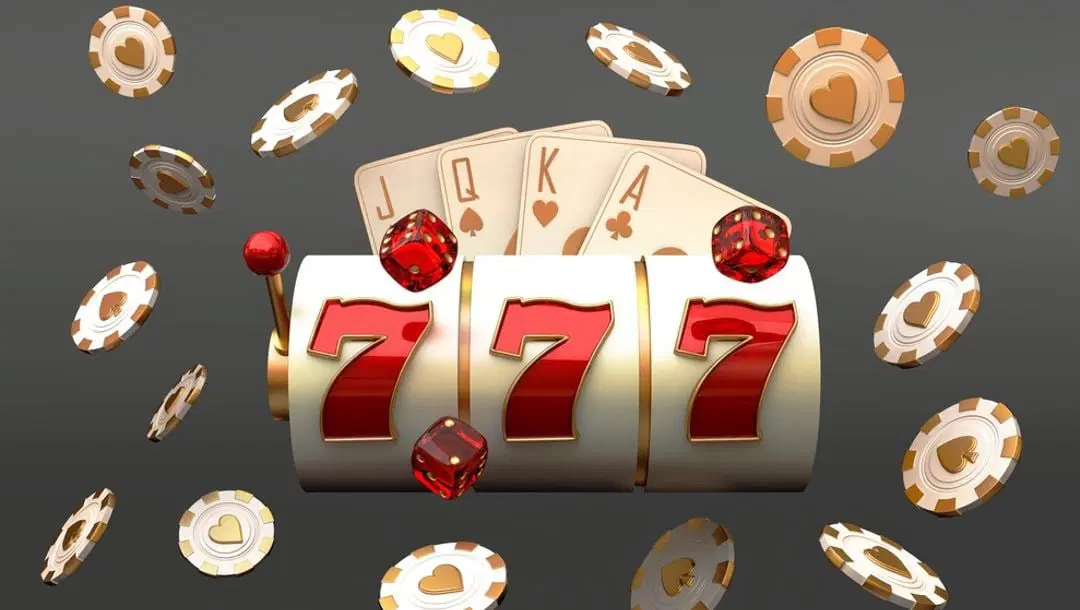When you win a slot jackpot, it can take a while to get your cash. That’s because casinos have to verify the win, contact managers, collect tax forms and handle a whole host of other paperwork.
They also offer a choice of payment methods, such as one-time payouts or monthly installments through an annuity. These options come with their own set of tax implications, so it’s important to choose the best option for you.
Random number generators
The random number generator is the heart and brain of every modern electronic casino game. This simple device is contained on a microchip inside each slot machine or video poker or keno game.
Random numbers are generated on a constant basis, hundreds of times a second. This means that no matter how much you bet, how long you play or how many times you push a button, the results of the game will remain truly random.
This technology replaces mechanical game of chance approaches like cards’ shuffling or dice rolling. In addition, RNG ensures that all games are fair and cannot be rigged by any person or any company.
Most reputable online casinos use RNGs that have been tested by independent authorities to ensure they are fair. This ensures that players can enjoy their favorite casino games without worrying about the odds being in favor of the casino.
Payback percentages
Jackpots aren’t the only gimmick at casinos. The payback percentage for a given game is also a factor in your bottom line. You don’t want to play a bad game that pays you nothing. The payback is the main reason why you should choose a game wisely. Choosing the wrong one could cost you your hard earned money. Fortunately, there are many resources available to you to help you make the right decision. The best place to start is by learning about what a machine has to offer. For example, a multi-line video poker game offers more opportunities for winning. You can play several hands at the same time, and each hand will earn you different paytables. This allows you to play for longer stretches without worrying about a single hand.
Taxes
If you win a large jackpot at the casino, you may want to take a step back and think about how taxes affect your winnings. Whether you win a slot machine jackpot, poker tournament or any other type of gambling, all winnings are considered taxable income and must be reported on your tax return.
Governments use taxes to fund a variety of functions including social welfare and public services. This can include education systems, pensions for the elderly, transfer payments and subsidies.
Taxes are also used to pay for economic infrastructure such as roads, sanitation, legal systems, scientific research & development and public security. They can also be used to fund military, culture and the arts.
Direct taxes are levied on the income and assets of individuals or businesses. They are charged directly to the taxpayer and calculated based on their ability to pay. They are different from indirect taxes, which are added on transactions for goods and services like imports, gas, alcohol and tobacco.
Regulations
The random number generator is a big part of how casinos determine jackpot payouts. It calculates each spin on the virtual reels and compares money in versus money out. Over time, this percentage tends to be close to what the casino is trying to achieve – a jackpot.
There are some other factors that affect the jackpot payoffs, but those are not as easy to calculate. Often, casinos will tweak their odds to maximize the amount of winnings.
They also have an incredibly complicated system that monitors and manages the flow of money through the casino. This is important because it ensures that all jackpot payouts are paid out in a timely manner.
Regulation is a complex process. It involves many different departments and agencies within the government. It is often confusing to people who aren’t familiar with it. Thankfully, there are tools that can help you understand it better. One of the best is the Reg Map, which was developed by ICF Consulting with the cooperation of the U.S. General Services Administration’s Regulatory Information Service Center.





